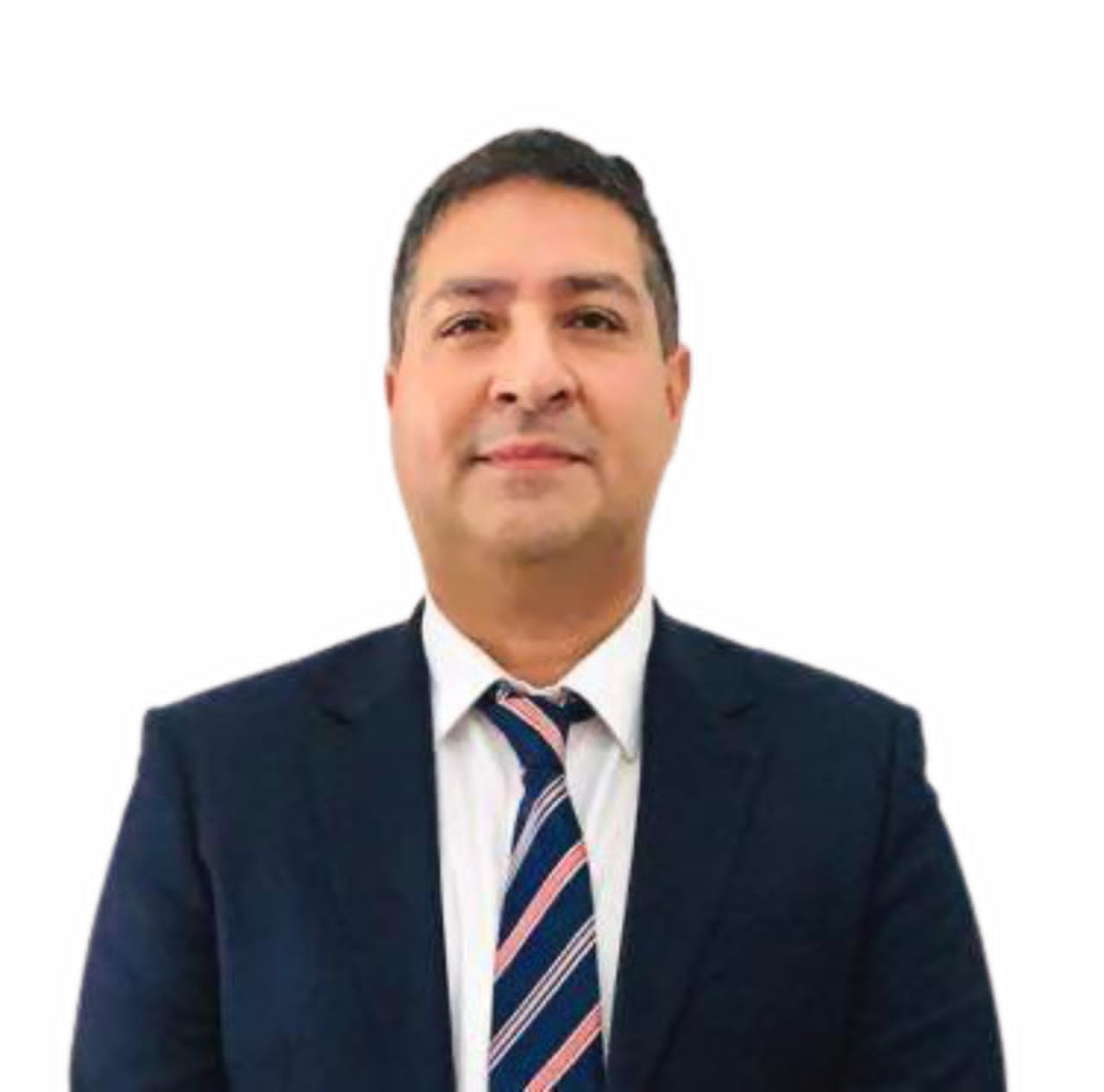
Deputy Chief Executive Officer (DCEO, Dana Air Limited
Airline subsector of the aviation industry in Nigeria has witnessed quite a number of scheduled airline collapsing soon after going into operations.
To address the issue of short lifespan syndrome among domestic airlines and other industry relatedchallenges, Mr. Sukhjinder Paul Mann in this interview granted to African Business Travel News (ABTN) says, a robust business plan is essential to investment in the aviation industry in Nigeria.
Excerpt:
Many people believe you are new to the aviation industry in Nigeria and are willing to know your perception about this very critical industry in the country, especially within the last five months you came on board as the Deputy Chief Executive Officer of one of the leading airlines in the country?
Not at all, I have been in the industry for nearly 30 years now and am no stranger to the Nigerian market. I was first introduced to Nigeria some 25 years ago while I was at British Airways and have been involved with the market ever since. This includes my tenure as Senior Vice President at Arik Air in the early 2010s whereby I was part of the carrier expansion; infact when I joined Arik Air, we had 16 aircraft and at the end of my contract we had 26. I am also the Managing Partner at dre aviation and we have been involved in many exciting projects in Nigeria and West Africa over the years, I have also followed the Nigerian markets closely due to its massive and still, untapped, potential in the Africa space.
Dana Air is already a household name in Nigeria, and still waxing stronger, what value are you adding as the occupier of the newly created position of DCEO of a very vibrant and upward mobile airline?
I think Dana Air has done incredibly well in the last 14 years as it is firmly established as a household name. I hope, and will, drive the company agenda forward for the next few years in order to resize the company so that we are agile and well positioned to grow into the future.
This means positioning the company for sustainable future growth and profitability. I will utilise my many years of experience from across the industry and Nigeria specific exposure, in order to bring about the necessary change. We need to rightsize, consolidate – if you will, and then grow.
My focus remains on the Future Size and Shape of the Company and I will refine the strategy and lay plans for growth that will take Dana Air forward in the next 14 or 25 or many more years, well after I have left the business. It’s important to be very clinical with those plans and strategies now so that we make the correct decisions on routes, network and fleet. If we get these wrong the costs and fallout will be inhibiting for many years to come.
So my goals are very clear, we want to expand, we want to re-fleet, we want sound fundamentals where the company stands comfortably on its feet without any external support. We want to take the lead in giving back to the Nigerian market what they desperately deserve in terms of a safe, sound and reliable commercial aviation sector.
You mentioned re-fleet as one of your goals in Dana Air, the airline has moved from monotype fleet operation to mixed aircraft type fleet, Dana Air now operates a mixed fleet of Boeing aircraft, are you saying you want to bring in smaller aircraft for route expansion and operation?
Strategy, network and route planning are key to any successful airline business, once established, the fleet solution is evaluated. Yes, at the moment we operate a mixed fleet of Boeing aircraft. These aircraft types serve us well on the routes that we currently operate. But going forward we know that we must increase and expand the fleet in order to benefit from technological and cost synergies and to undertake route development. I am actively defining the strategy, route and fleet solutions at present.
What impact do you think the current Russian – Ukraine War would have on the aviation industry globally and particularly, in Nigeria?
It is a very sad development to see this happening in 2022, the war is truly heart wrenching. The impact on our industry has already been felt, no fly zones have been created in Eastern Europe which means flying to say, to Asia from Europe will be costlier as the direct airways will be longer be available due to flight safety reasons, so aircraft will now have to fly longer airways resulting in higher operating costs.
Back in Nigeria, the obvious impact has been the dramatic rise in the cost of fuel for aircraft operations. When I joined in November 2021, we were paying an average of NGN 330 a litre of Jet A1. We are currently paying NGN 670 a litre. The impact was near immediate and the costs were not sustainable. Hence, we had to follow the market and increase our fares in order to service the fuel bill alone. When the war abates, I believe that there will be some reliefs in this distressed price and it will fall, and we will pass these savings on back directly to our passengers. The Strengthening United States Dollar is also affecting the cost of repleting our spares which we need to purchase from overseas. I would classify the impact of the war on the Nigerian aviation sector as extremely significant and adverse.
What is the way out of the present crisis in the aviation industry in Nigeria?
We are at a crossroads in the aviation industry in Nigeria and to be fair we have been here many times over the last few decades. Aviation needs to be classified as a strategic industry and the ease of undertaking this business activity in Nigeria should be actioned as a priority. Fortunately, the Airline Operators of Nigeria (AON) have come together to lobby for key industry related issues and we have made headway in one important area regarding taxation exemption of aircraft spares, we are lobbying for more direct access to Forex at the Central Bank of Nigeria (CBN) rates as most of our costs are incurred overseas and we need to fund our financial obligations eg. aircraft leases, purchases of spares etc. It’s disappointing that this agenda had to be driven by the AON; whose members are suffering and not by the relevant authorities that should be looking after the health and sustainability of the industry.
Recently, when you had flight disruptions due to fuel scarcity, you did not only send messages to apologise to the aggrieved customers, but you came out physically to meet them and tendered apologies to them openly. That looks novel here, in the industry. Why did you take such a risk? Didn’t you think of possible physical attack or assault from the aggrieved passengers?
We are all human. Imagine your Mum, Dad, Sister, Wife, Brother or Your Children, having to face huge delays in a hot airport terminal due to factors beyond anyone’s control; in this case, fuel scarcity in the country. It is a torturous experience. They have all paid for their tickets with hard earned cash so why would we ignore them and not acknowledge them and console them when we have not provided the service they have paid for? We fly to serve and when we don’t serve we have to explain. If you can’t be sincere with the people who pay your bills, pay your salaries or pay for your aircraft, then you are in the wrong business.
So, I was the first person that came out and spoke to the customers face to face. We had major delays a few days ago, we had children and some passengers stuck in the departure hall because we couldn’t get fuel. I wanted to meet the passengers, my staff said, “no no no … stay away, stay away, they will attack you” on the contrary, I went into the departure area at MMA2 in Lagos and took the feedback from them directly, and rightfully so. That was on the first of March when we literally had no fuel for about 6 hours and the delays in the schedule were compounding. They are my customers, I am here for them and I am here for the staff, to build an airline that has respect and ethics as the core of our business principles. So, to me it is a natural phenomenon. If I disappoint, I have to fix it and I will continue to do that.
We are customer centric, we are a premium airline, we do the right thing”, that is the mantra that is dictated to the management team everyday, so that every corridor, every cockpit, every galley, every office and every colleague of this airline will maintain that regard and respect for our loyal customers who in turn deserve respect and exceptional service every time they interact with Dana Air.
On route expansion, what are we expecting?
We are different from other airlines. We are not in a race. We grow when we are ready to grow. Routes would be expanded at the right time with the right aircraft type, I don’t want to start a route and at the end of the day, stop it because we did not plan well. Route expansion is definitely on the horizon and will be executed at the right time.
Your words of advice for investors in aviation industry in Nigeria?
My advice for aviation investors in Nigeria is, you should plan your business very well. … I said it ten, twenty years ago, and this advice is still most relevant today. Because of what is happening around the world, the increase in input costs, price shocks, scarcities of fuel and limited availability of hard currency etc. you need to have plans B and C and the most robust contingency plans; the operating environment is not perfect. Plan your business. Plan your reserves. Plan all contingencies.
The common strategy in the local market is that carriers want to expand quickly. There is a very huge cost base associated with aviation, that is why you see airlines come and go. They were not guided well; they have not planned well. When the first or second C-Check comes along, they default and they de-fleet due to poor financial planning. My advice is plan your business very well, don’t grow too fast and have the right management team with the relevant experience to run the business.


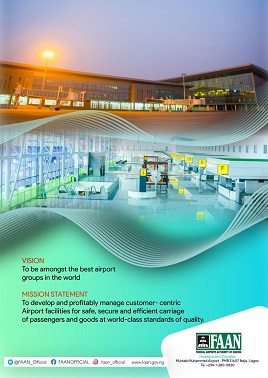
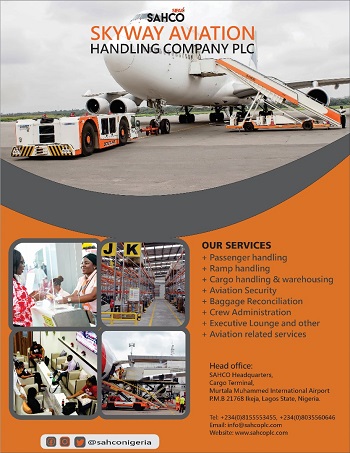
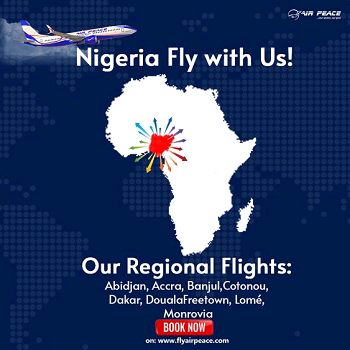
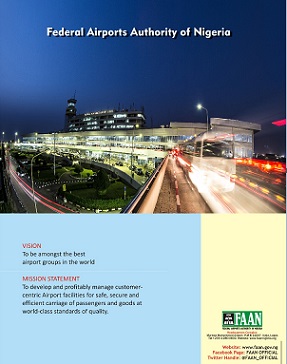

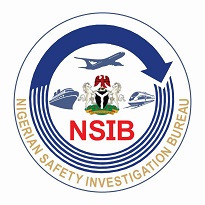
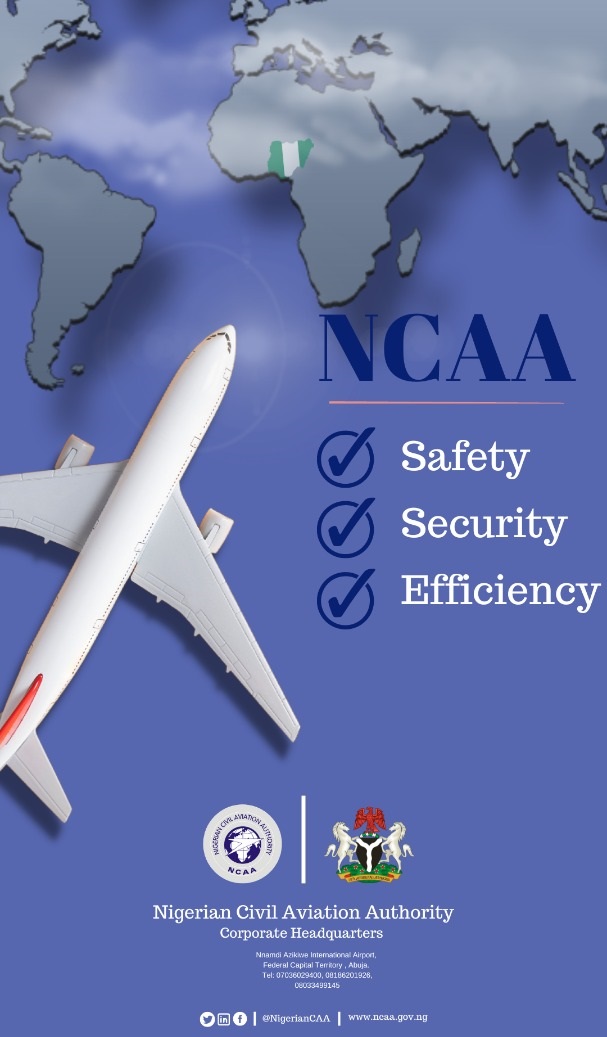
This guy is an aviation legend. Dana is lucky to have him.
Good to see Sukh Mann back in Nigeria they should appoint him advisor to Honourable Minister of Aviation. This man knows the industry and Africa better than any other expatriate! I worked under him at Arik he is a very good leader in aviation.
Very good article. Please print full conversation not only extract.
He will be good for Dana
A very good aviation manager
Welcome back to Nigeria Mr Sukh! Nigerian aviation needs you!!!
Your capabilities is not doubt, you have demonstrated in in Nigeria with Arik air limited.
It will be my pleasure to come and serve Nigeria my country if only we can get it right once!
God bless you as you contribute your own quota to the development of aviation in Nigeria
Your capabilities is not in doubt, you have demonstrated it in Nigeria with Arik air limited.
It will be my pleasure to come and serve Nigeria,my country if only we can get it right once!
God bless you as you contribute your own quota to the development of aviation in Nigeria